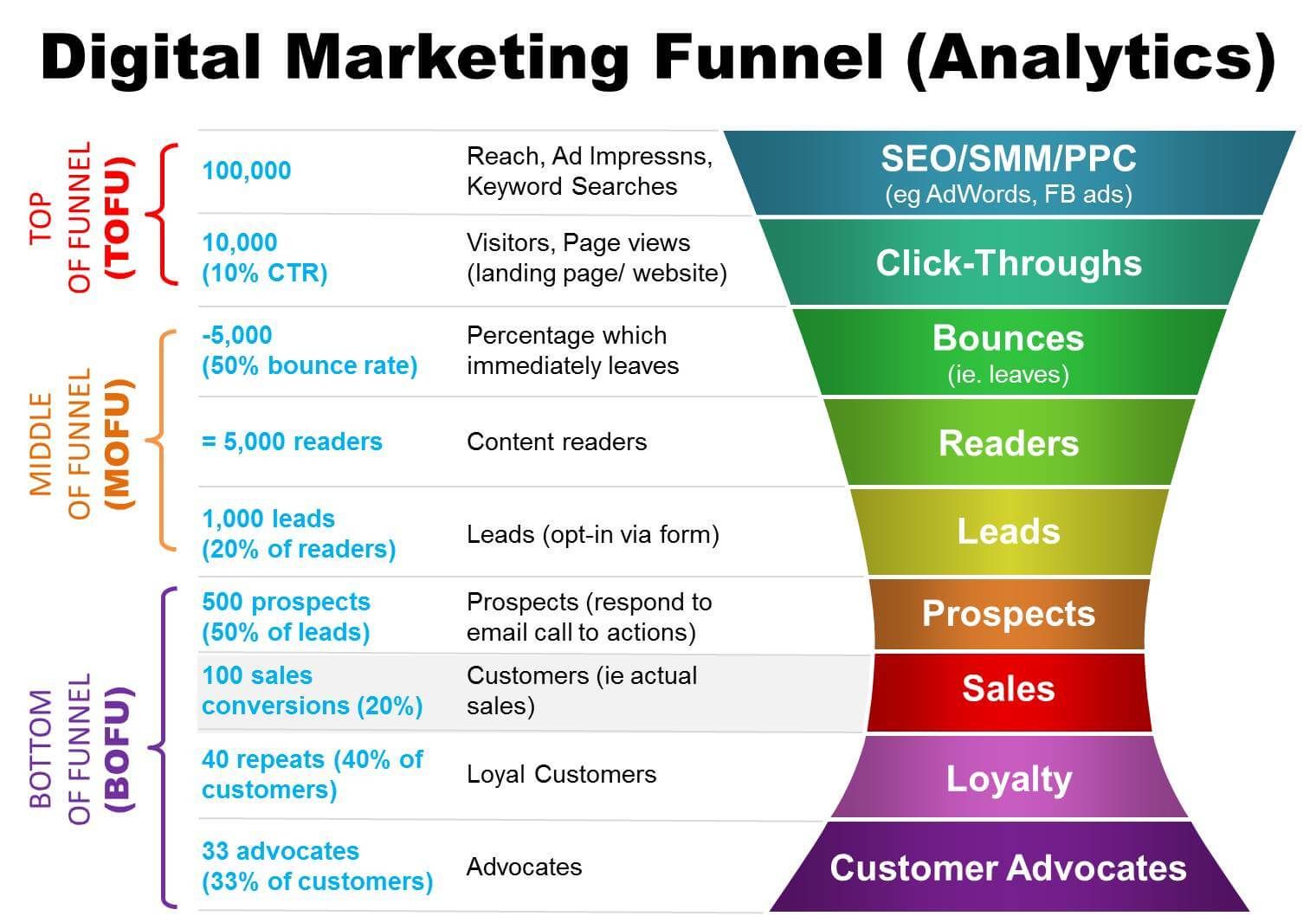Measuring Brand Success: KPIs and Metrics

In today’s highly competitive tech industry, establishing a strong brand presence is essential for businesses to thrive. However, building a successful brand is not just about creating a visually appealing logo or catchy slogans. It requires careful analysis and measurement of key performance indicators (KPIs) and metrics to truly gauge brand success.
Defining KPIs and Metrics
Before delving into the measurement of brand success, it is important to understand the difference between KPIs and metrics. KPIs are specific, measurable values that reflect the achievement of strategic goals. They serve as a guide to evaluate the progress and success of a brand’s overall marketing and business strategies. Metrics, on the other hand, are quantifiable data points that provide insights into different aspects of a brand’s performance.
Brand Awareness
Brand awareness is one of the most critical factors in measuring brand success. It is a KPI that helps evaluate the extent to which a target audience recognizes and associates with a particular brand. Metrics such as reach, impressions, and social media engagement can provide valuable insights into brand visibility and recognition.
To measure brand awareness, businesses can track metrics such as website traffic, social media followers, mentions in the press, or even conduct surveys to gauge brand recognition among consumers. Regular analysis of these metrics helps businesses identify areas for improvement and assess the impact of their marketing efforts on brand exposure.
Brand Perception
Measuring brand perception involves evaluating how consumers perceive and engage with a brand. This KPI focuses on aspects such as trust, credibility, and brand loyalty. Metrics like customer satisfaction scores, reviews and ratings, and social media sentiment analysis can help assess the overall sentiment towards a brand.
Businesses can also track metrics related to customer retention and referral rates, as these indicate the level of brand loyalty and advocacy among existing customers. By monitoring these metrics, brands can identify potential areas of improvement or any negative experiences that may impact their reputation.
Market Share
Market share is a crucial KPI for measuring brand success in relation to competition. It reflects the percentage of total sales or customers a brand captures within its target market. Monitoring market share metrics helps businesses understand their position in the industry and assess the effectiveness of their marketing and branding strategies in gaining market dominance.
To measure market share, businesses can compare their sales data with industry benchmarks or competitors’ performance metrics. Understanding market share trends over time can provide insights into a brand’s growth and competitive advantage in relation to its peers.
Customer Conversion
Customer conversion is a KPI that measures a brand’s ability to turn potential customers into paying customers. It involves tracking metrics such as conversion rates, average order value, and customer acquisition costs to gain insights into the effectiveness of marketing campaigns and sales funnels.
By analyzing conversion-related metrics, brands can identify opportunities to optimize their marketing strategies, website usability, and overall customer experience. Additionally, understanding the customer journey and the factors influencing their purchasing decisions helps brands refine their messaging and positioning.
Return on Investment (ROI)
ROI is a fundamental metric that determines the profitability of marketing and branding efforts. It quantifies the return generated from the resources invested in brand development and promotion. Tracking ROI allows businesses to make informed decisions about resource allocation and assess the effectiveness of their marketing campaigns.
Measuring ROI involves calculating metrics like customer lifetime value, cost per lead or acquisition, and revenue generated from marketing activities. Brands can then compare these metrics against their goals and industry benchmarks to determine the success and effectiveness of their marketing strategies.
In Conclusion
Measuring brand success in the tech niche requires a systematic approach that incorporates KPIs and metrics related to brand awareness, perception, market share, customer conversion, and ROI. Regular monitoring and analysis of these metrics can provide valuable insights into a brand’s overall performance and guide strategic decision-making.
By understanding and leveraging these measurements, tech businesses can adapt their marketing strategies, refine their messaging, and optimize their overall brand experience to ensure long-term success in the competitive tech industry.